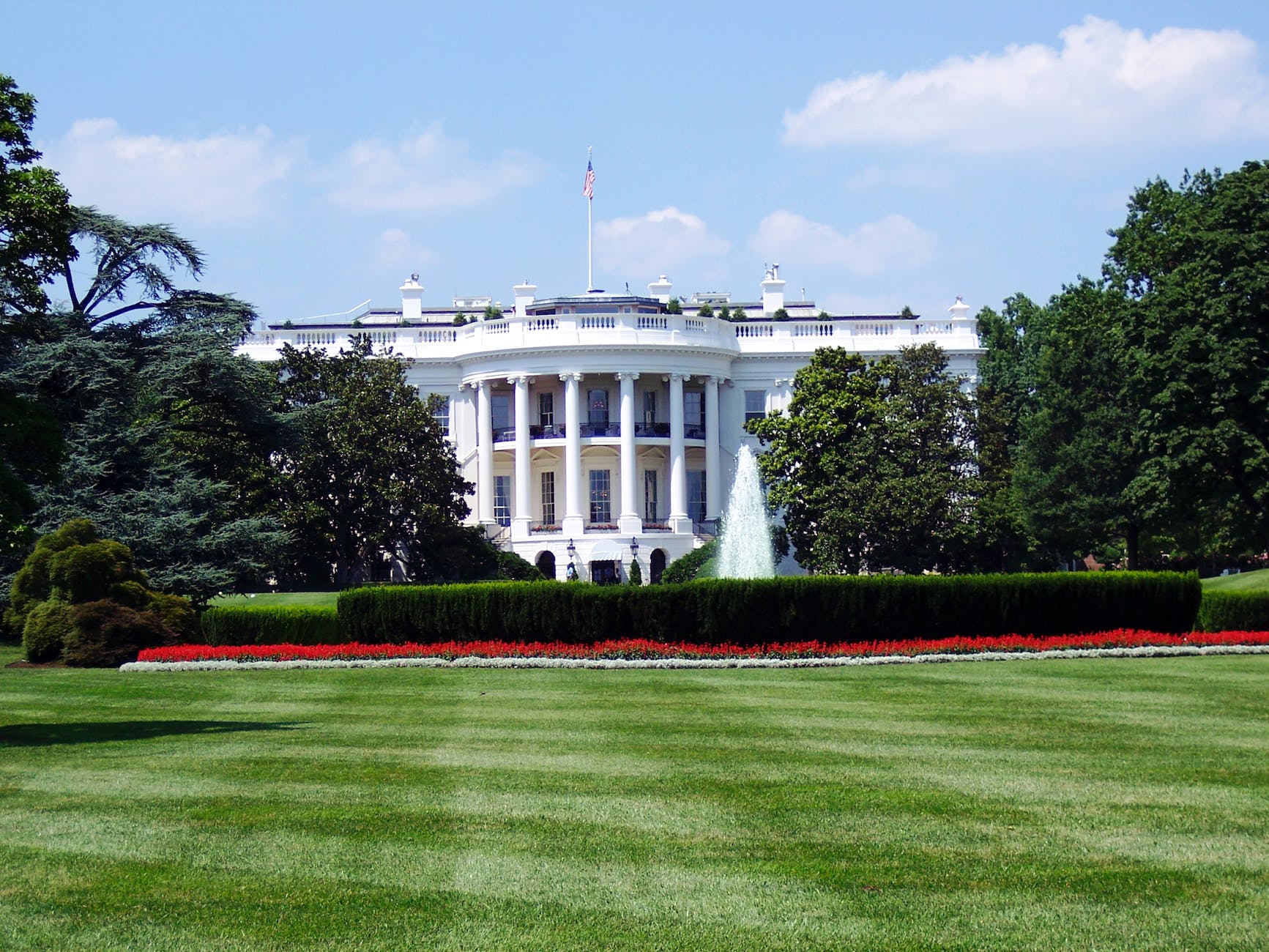Intro
Welcome, fellow intellects, to a thought-provoking episode of FCFVA Talk Radio! Today, we embark on a captivating exploration of war economics, shining a light on how the conflict in Ukraine can have far-reaching consequences for the United States. Prepare yourself for a mind-bending journey as we dissect the intricate web connecting geopolitics, global markets, and our own economic landscape. Together, let’s decipher the hidden threads that tie it all together. Get ready to expand your understanding of the world’s interconnectedness. Let’s dive in!
1. The Ukraine Conflict – A Geopolitical Hotspot
The conflict in Ukraine has emerged as a geopolitical hotspot, with various actors vying for influence and power. Rooted in historical tensions and differing aspirations, the conflict involves complex alliances and rivalries. Understanding the origins and dynamics of the Ukraine conflict is essential to grasp its potential impact on the United States. From territorial disputes to historical narratives, we’ll delve into the factors fueling this ongoing struggle.
2. Geopolitical Tensions and Global Markets
Geopolitical tensions, such as the Ukraine conflict, possess the ability to send shockwaves through global markets. Uncertainty and instability in the region can have ripple effects, impacting commodity prices, stock markets, and investor sentiment worldwide. We’ll explore how the Ukraine conflict influences energy markets, trade relationships, and currency fluctuations. By analyzing these connections, we gain insights into the potential economic implications for the United States and beyond.

3. War Economics – The Cost of Conflict
War is a costly endeavor, exacting a toll on both human lives and economic stability. The Ukraine conflict is no exception, with direct and indirect costs affecting the involved parties and the broader international community. We’ll examine the economic consequences, including military expenditures, infrastructure damage, and displacement of populations. By understanding the economic dimensions of war, we can grasp the broader impact on regional and global economies.
4. BRICS and the Ukraine Conflict – Intersections and Influence
The rise of BRICS, comprising Brazil, Russia, India, China, and South Africa, adds complexity to the Ukraine conflict. As BRICS member states take stances and engage in the geopolitical landscape, their actions can shape the course of the conflict and potentially impact the United States. We’ll explore the perspectives and interests of BRICS countries in relation to Ukraine, considering their economic ties, political alliances, and potential influence on the conflict’s resolution.

5. The United States – Balancing Act and Economic Resilience
The United States finds itself navigating a delicate balancing act as the Ukraine conflict unfolds. Policymakers must carefully consider how to protect national interests while avoiding escalation. We’ll examine the United States’ responses to the evolving situation and assess the steps taken to safeguard its economic stability. Additionally, we’ll explore the resilience of the U.S. economy in the face of geopolitical challenges, highlighting factors such as diversification, innovation, and adaptive strategies.
Our Thoughts
War economics provides a lens through which we can understand the complex interplay between conflicts like the one in Ukraine and their impact on the United States. By unraveling the hidden threads connecting geopolitics, global markets, and our own economic landscape, we gain deeper insights into the potential consequences. Staying informed and engaged allows us to navigate the ever-changing geopolitical landscape and strive for a more stable and prosperous world. Tune in to FCFVA Talk Radio to explore war economics and its effects on the United States and beyond.

